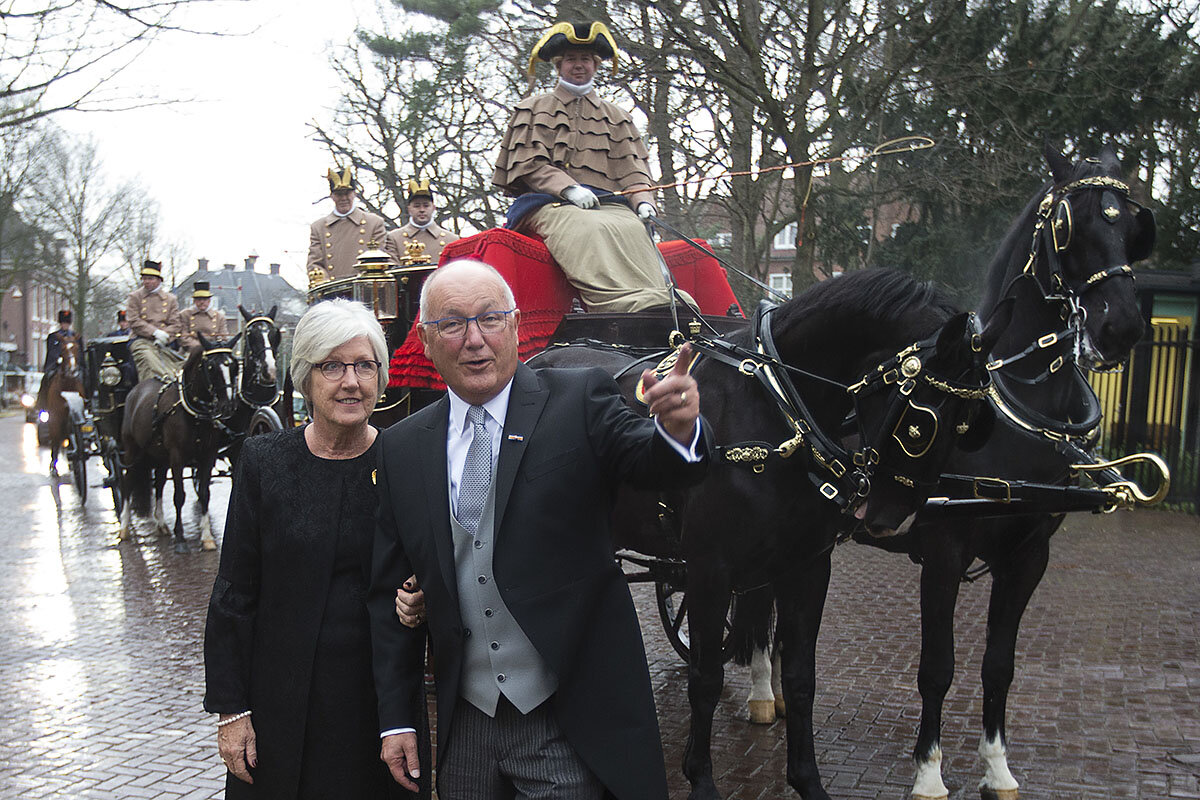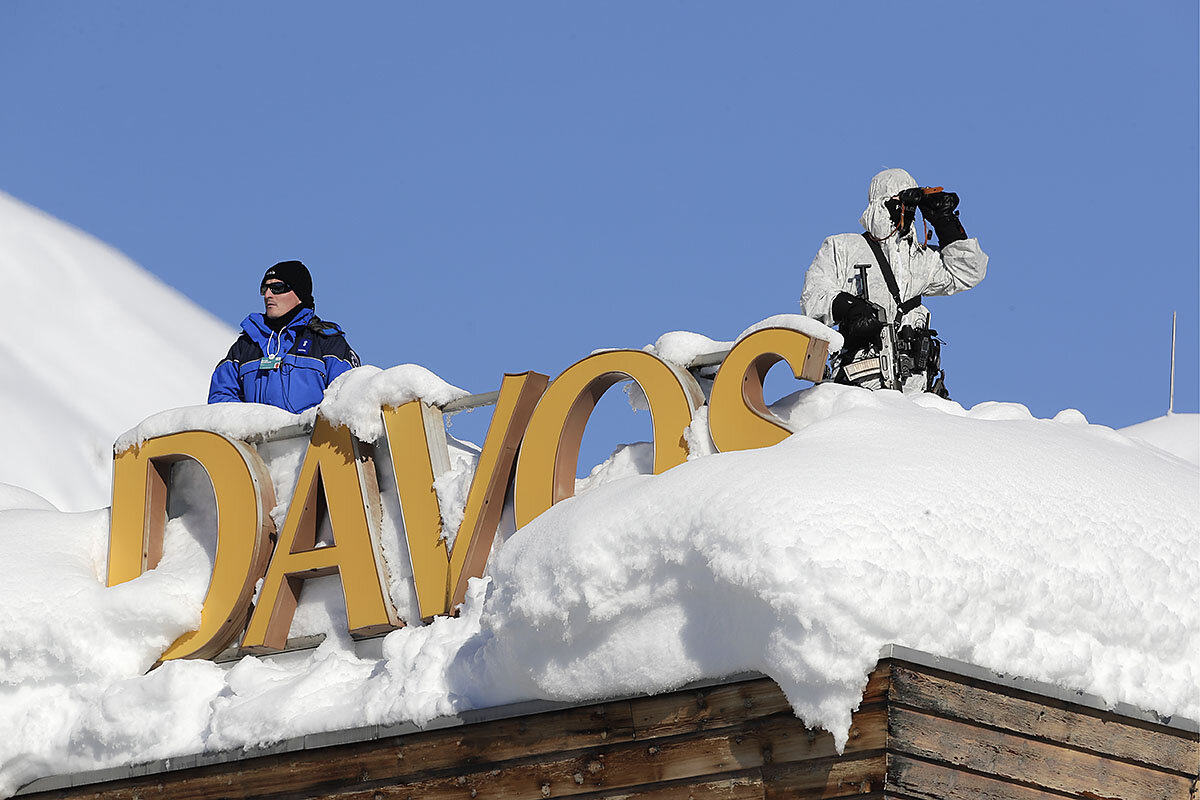Did you notice that President Trump had little direct involvement in resolving this past weekend’s shutdown of the US federal government? Our reporter looks at a possible shift in how business gets done in Washington.
Monitor Daily Podcast
- Follow us:
- Apple Podcasts
- Spotify
- RSS Feed
- Download
 David Clark Scott
David Clark Scott
We know US Attorney General Jeff Sessions took a turn in the Robert Mueller hot seat and the #MeToo movement likely influenced the Oscar nominations. But something else caught our attention today: the use of an ancient democratic tool.
Over the weekend, some 25 US senators helped break a political impasse that had shut down the federal government. When this “common sense coalition” arrived at Republican Sen. Susan Collins’s office, she pulled out a Native American talking stick.
This tool of aboriginal democracy has been effective for centuries in Cherokee, Arapaho, and Wampanoag (to name a few) tribal council meetings. The bearer of the stick has the sole right to speak. Each has an opportunity to hold the stick. But its power lies less in the right to talk than in each member of the circle practicing self-government by respectfully listening.
National Review senior editor Jonah Goldberg told NPR that when Washington reaches a logjam like this politicians tend to address their core supporters, not each other. “And when you talk to your base, you're no longer in the business of persuasion. You're in the business of purity,” said Mr. Goldberg.
That’s why it’s noteworthy – and refreshingly effective – when the truly democratic ideal of listening is practiced.
Now to our five selected stories that illustrate paths to progress, trust-building, and stewardship at work.










